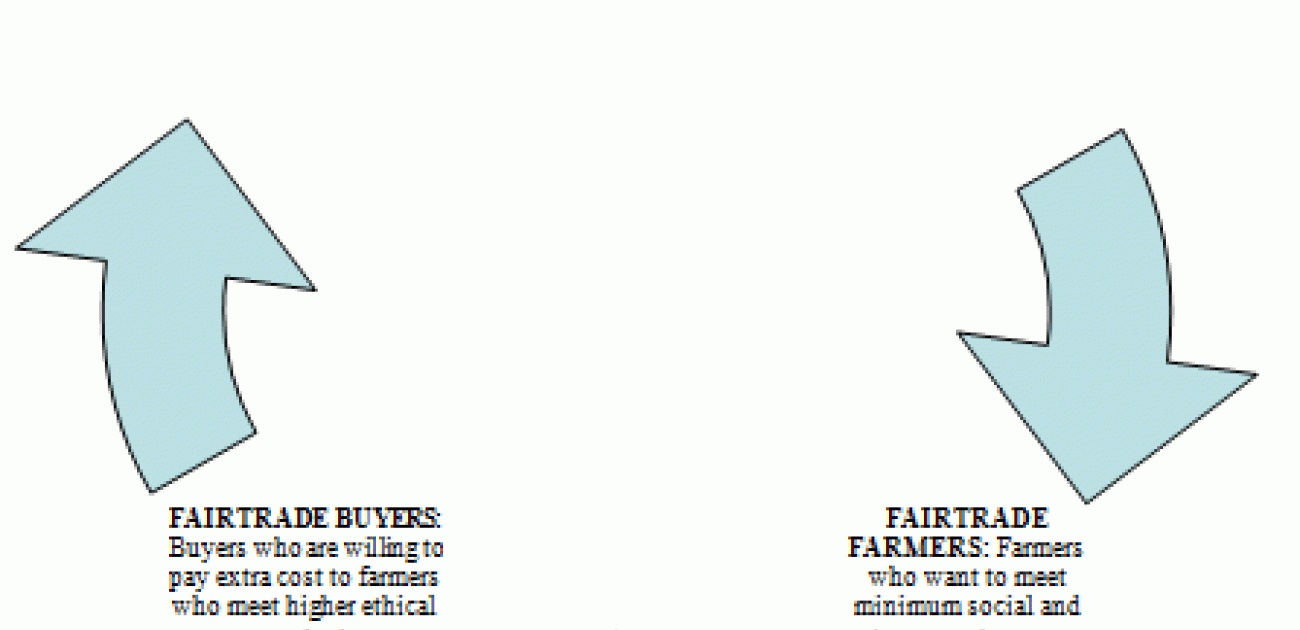04 September 2009
Fairtrade spices standards - a reprise

Steenbergs is a commercial enterprise. We operate in an economy based upon free market economics and that is something that we are completely comfortable with.
Per Adam Smith, what gets made and sold and the prices that transactions are closed at is determined through a bargain struck between 2 willing parties. However, we also believe - like Adam Smith - that this free market may need moderating at times. He believed that this would be done through the established church and people's own conscience, however in those days the church was stronger and peoples' consciences were far more restricting.
That's where Fairtrade can come in. In a similar way to the way mutuals ought to moderate in the personal financial market (they didn't because they simply tried to emulate the incorporated retail banks), Fairtrade offers consumers a choice to pay more for a product that carries with it certain social and ethical features.
Our interest in Fairtrade stems from the fact it offers a simple, understandable and transparent mechanism for providing a fairer price in some tradeable commodities.
It is based upon an elegantly simple process, a virtuous circle:

(i) Find, audit and approve groups of farmers that are willing to operate with a higher level of social responsibility
(ii) Find, audit and approve businesses that are willing to pay a higher price to groups of farmers that operate at a higher level of social responsibility
(iii) Impose a pricing mechanism for the sale of goods, whereby the buyer is willing to pay the higher of the market price and a minimum price for the commodities, where this minimum price incorporates the costs of a living wage for the farmers and an element of profit to enable them to invest in their business to improve product quality, as well as meet minimum social, ethical and environmental factors
(iv) A system of tithes that (a) enables the farmers and/or workers to invest in social projects for the benefit of their communities and (b) for the concept of Fairtrade to be promoted to consumers
For me, (i) and (iii) are the fundamental factors. They are basically responses to the fact that a belief that the free market can push prices below a price whereby the weaker party in the sales transaction can earn sufficent cash to live and invest in his/her business.
I believe that the new standard takes away one of these fundamental principals of Fairtrade for the sake of expediency, a breach of one of basic underlying social factors that underpins the Fairtrade brand.
To me, it says that, in certain circumstances, the free market price is fair for Fairtrade, so long as you assuage your conscience through the payment of a tithe. It's okay: you can trade with anyone, anywhere so long as you pay a smidgeon more to a social fund; that's what all major corporates already do - it's called charitable giving or corporate social responsibility.




